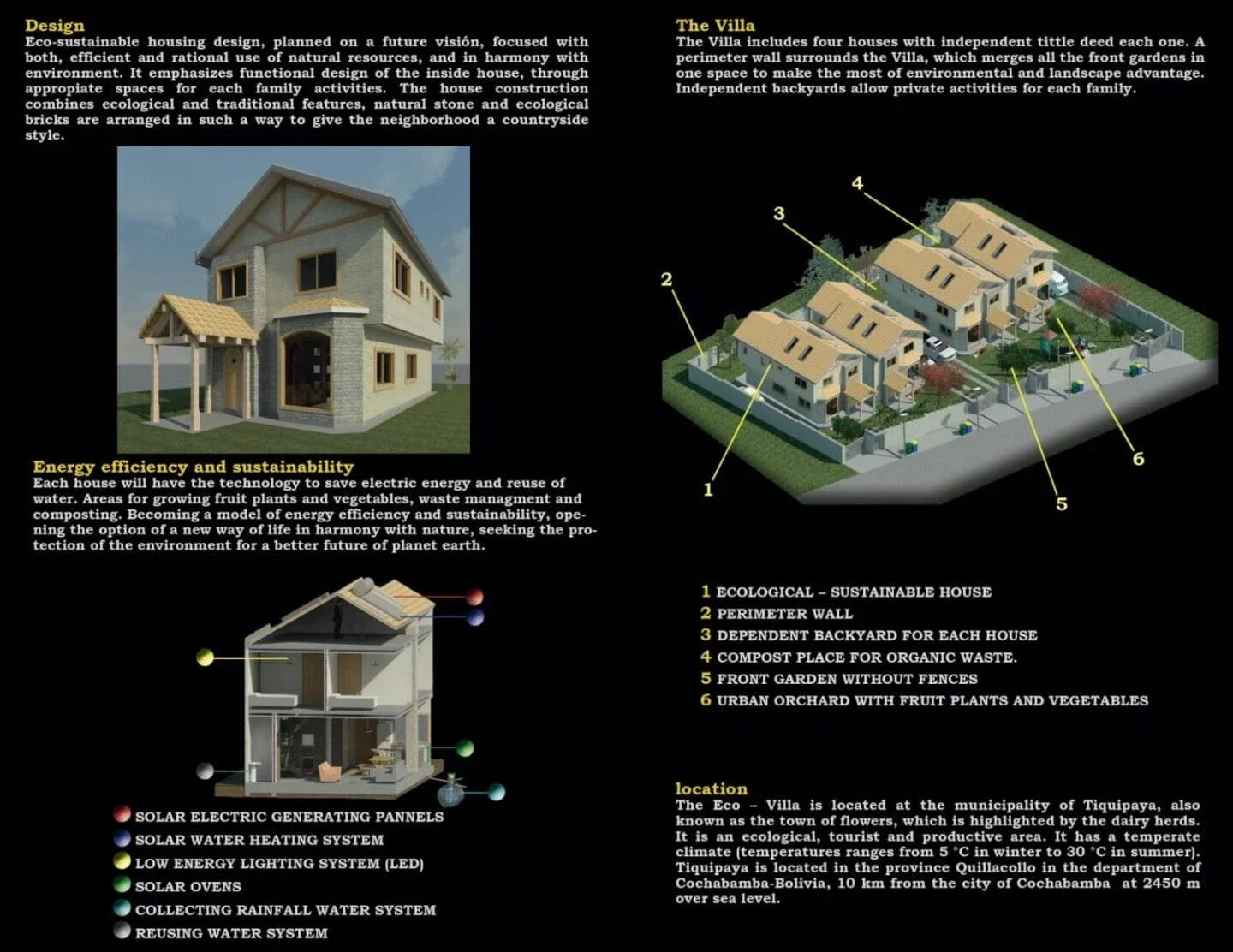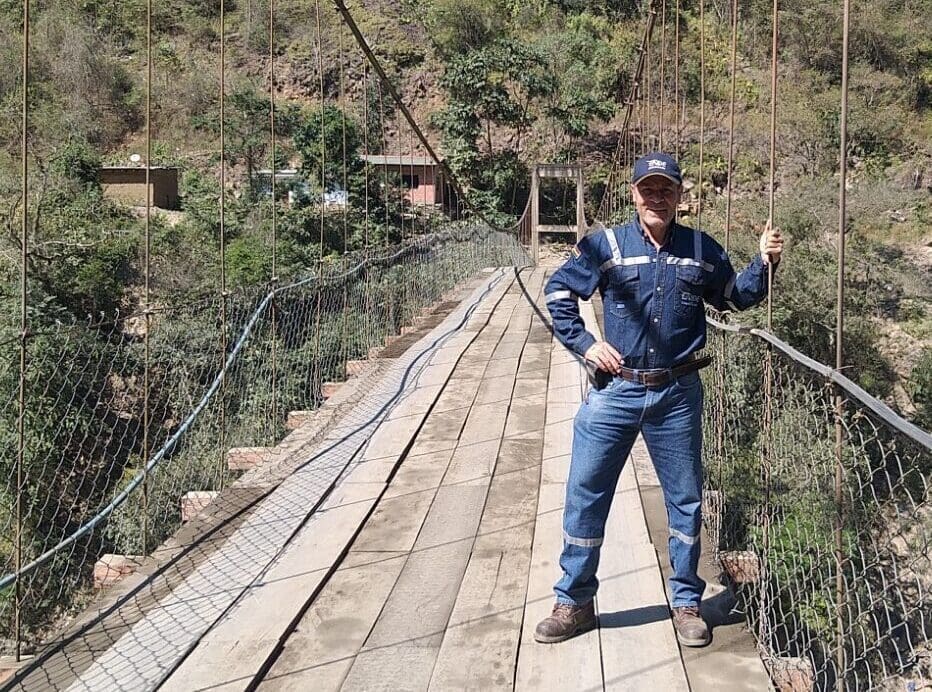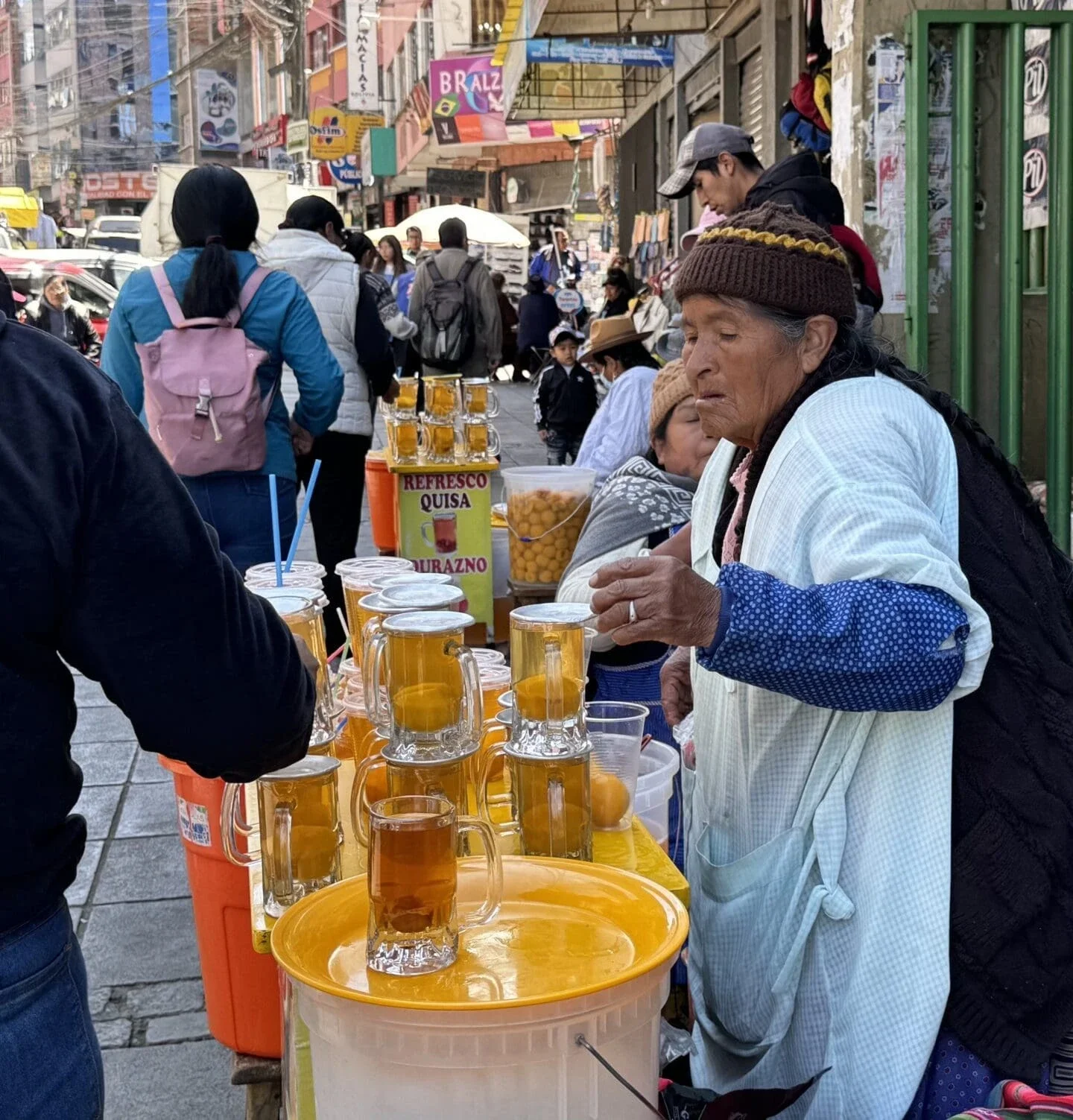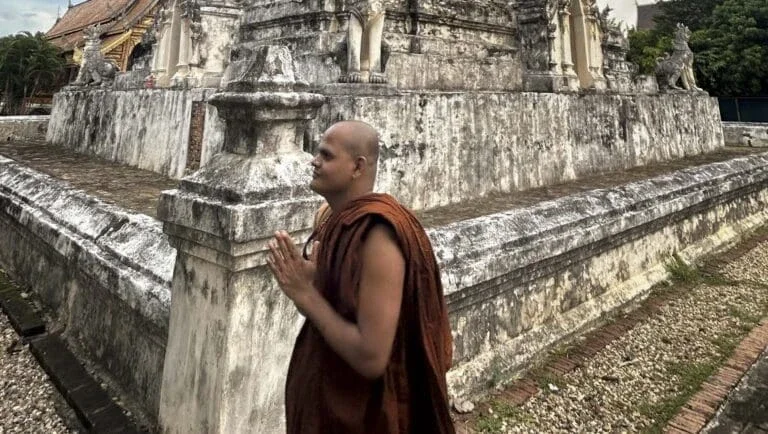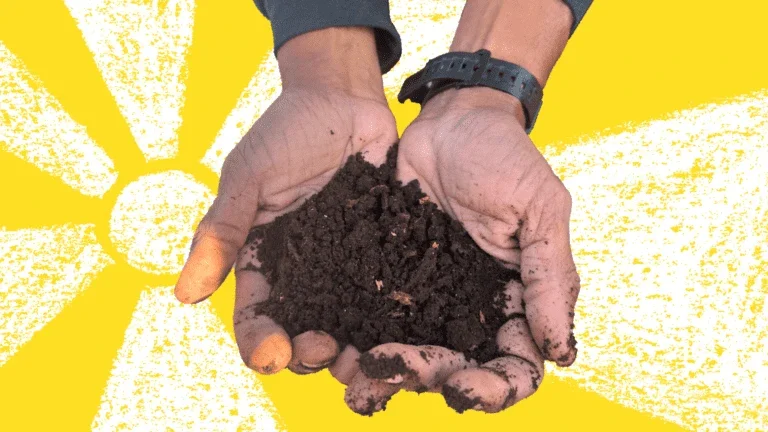Amoretti’s plans for a sustainable community. (Photo Courtesy of Luis Suarez Amoretti)
Six Areas for Sustainable Planning
- • An organic polyfarming revolution should be developed in rural areas to produce organic food in greenhouses using regenerative practices enhanced by technological advances to get the most yield from native plants in the smallest area. This involves combining technology with ancient knowledge.
- • A national plan for sustainable reforestation should be established using tree species suitable to different types of Bolivian climate and land.
- • Rural-based industries suitable to Bolivia should be developed, including textiles made from camelids, fish-breeding, beekeeping, and local organic food enterprises.
- • Ecotourism should be encouraged, in part by adding infrastructure to rural communities that encourage nature-friendly visitors.
- • A project should be launched to increase education around preparation of preventative medicine using herbs grown in South America.
- • Indigenous and local culture should be preserved and shared more widely, including in schools and in events for tourists.
More in this Matter of Impact Edition
previous story
Embracing Forest Cuisine, Fire-Proofing the Amazon, and More
Sixteen Big Bet Climate Fellows from Latin America show the Global South is not just a hotspot for climate change challenges, but a powerhouse for innovative solutions.
read morefull edition
From the Andes to the Amazon, Latin America’s Climate Frontlines
This quarter's online magazine spotlights Latin America, where innovators and local communities are spearheading the climate change fight.
read more